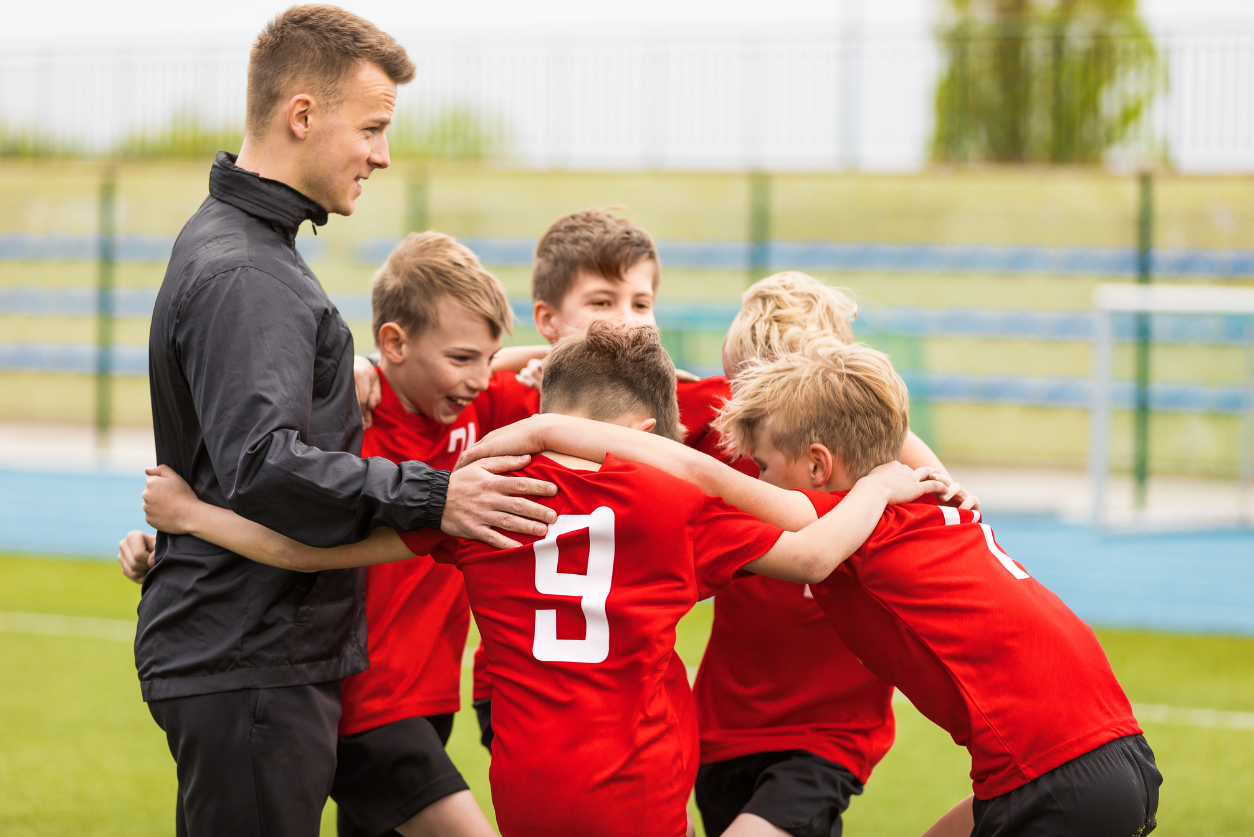In sports, talent and hard work are essential—but so is confidence. Without it, athletes can hesitate, lose focus, and fall short of their potential. Confidence fuels better decision-making, sharper focus, and stronger performances.
While some athletes seem naturally confident, most need to work at it. That’s where mental game coaching comes in. At Launch Sports Performance, we help athletes strengthen their mental skills, so they can trust themselves, perform under pressure, and bounce back from mistakes.
In this blog, we’ll explore why confidence is critical in sports and how mental game coaching can help athletes build the mental toughness needed to succeed.
Why Confidence Matters in Sports
Confidence is the belief that you have the skills and ability to succeed. It’s what allows an athlete to take risks, stay calm under pressure, and maintain focus through ups and downs.
Without confidence, even the most physically skilled athletes can:
- Second-guess their decisions
- Hesitate in critical moments
- Struggle to bounce back from mistakes
- Play “not to lose” instead of playing to win
Confidence gives athletes permission to trust their training, play freely, and take control of their performance. It’s a key ingredient in every sport, at every level.
What Affects Athlete Confidence?
Confidence isn’t something you’re either born with or without—it’s a skill that grows over time. But it can also be fragile and easily affected by experiences like:
- Performance slumps or losing streaks
- Negative feedback or criticism
- High expectations from coaches, teammates, or parents
- Fear of failure or making mistakes
- Comparing themselves to others
When athletes don’t know how to protect and rebuild their confidence, these challenges can cause long-term struggles. That’s why mental game coaching is so valuable.
How Mental Game Coaching Builds Confidence
Mental game coaching trains athletes to strengthen their mindset and handle challenges with resilience. Here’s how it builds lasting confidence:
1. Shaping Positive Self-Talk
Negative self-talk is one of the biggest confidence killers. Thoughts like “I always mess up under pressure” or “I’m not good enough” quickly erode belief in one’s abilities.
Mental game coaching teaches athletes to:
- Recognize negative thoughts
- Challenge and replace them with positive, realistic ones
- Develop a strong, encouraging inner voice
Athletes learn to talk to themselves the same way they would encourage a teammate. Over time, positive self-talk becomes a habit that supports better performance.
2. Setting Realistic, Achievable Goals
Big goals are exciting, but they can also be overwhelming. Mental game coaches help athletes break down big dreams into smaller, manageable steps.
When athletes:
- Set realistic short-term goals
- Track their progress
- Celebrate small victories
…they build confidence naturally. They can see their improvement clearly, which fuels motivation and belief in their ability to succeed.
3. Visualization and Mental Rehearsal
One of the most powerful tools in mental game coaching is visualization. Athletes mentally “practice” successful performances—seeing themselves executing plays perfectly, staying composed, and winning key moments.
Visualization helps:
- Build familiarity with competition situations
- Reduce anxiety about the unknown
- Strengthen belief in their skills
By visualizing success regularly, athletes program their minds to expect good outcomes, which builds confidence in real-game situations.
4. Handling Mistakes and Setbacks
Mistakes are part of every athlete’s journey. Without the right mental skills, one mistake can spiral into self-doubt and poor performance.
Mental game coaching teaches athletes to:
- See mistakes as learning opportunities
- Quickly reset and refocus after setbacks
- Maintain confidence even when things go wrong
A resilient mindset keeps confidence intact, even through tough games or seasons.
5. Staying Focused on What You Can Control
Athletes often lose confidence when they focus too much on things outside their control—like opponents, referees, or even past performances.
Mental game coaching shifts their focus back to what they can control:
- Effort
- Attitude
- Preparation
- Reactions
When athletes focus on their own game instead of external distractions, their confidence stays strong.
Real-Life Impact of Confidence in Athletes
Confident athletes don’t just perform better—they also enjoy their sport more. They take more risks, bounce back faster, and lead their teams with energy and enthusiasm.
At Launch Sports Performance, we’ve seen athletes transform their mental game:
- A soccer player who struggled with penalty kicks learned to manage pressure and scored the winning goal.
- A basketball player who doubted himself after a bad season rebuilt his mindset and led his team to playoffs.
- A gymnast who battled nerves learned visualization techniques and hit her best routines when it mattered most.
Confidence isn’t magic—it’s a skill. And it’s one that athletes can build with the right tools and support.
When to Start Mental Game Coaching
Any athlete who:
- Gets nervous before games
- Hesitates or doubts their abilities
- Struggles to recover from mistakes
- Wants to reach a higher level of performance
…can benefit from mental game coaching.
Building mental strength early in an athlete’s career sets the foundation for long-term success—not just in sports, but in life.
Final Thoughts
Confidence is one of the most important factors in an athlete’s performance. Without it, talent and hard work can fall short. With it, athletes can unlock their full potential.
Through mental game coaching, athletes learn how to believe in themselves, manage pressure, and play their best when it counts.
At Launch Sports Performance, we’re passionate about helping athletes develop mental strength alongside physical skill. If your athlete is ready to build confidence and take their game to the next level, our mental game coaching programs are ready to help.
Ready to see the difference confidence can make? Contact us today to learn more.

